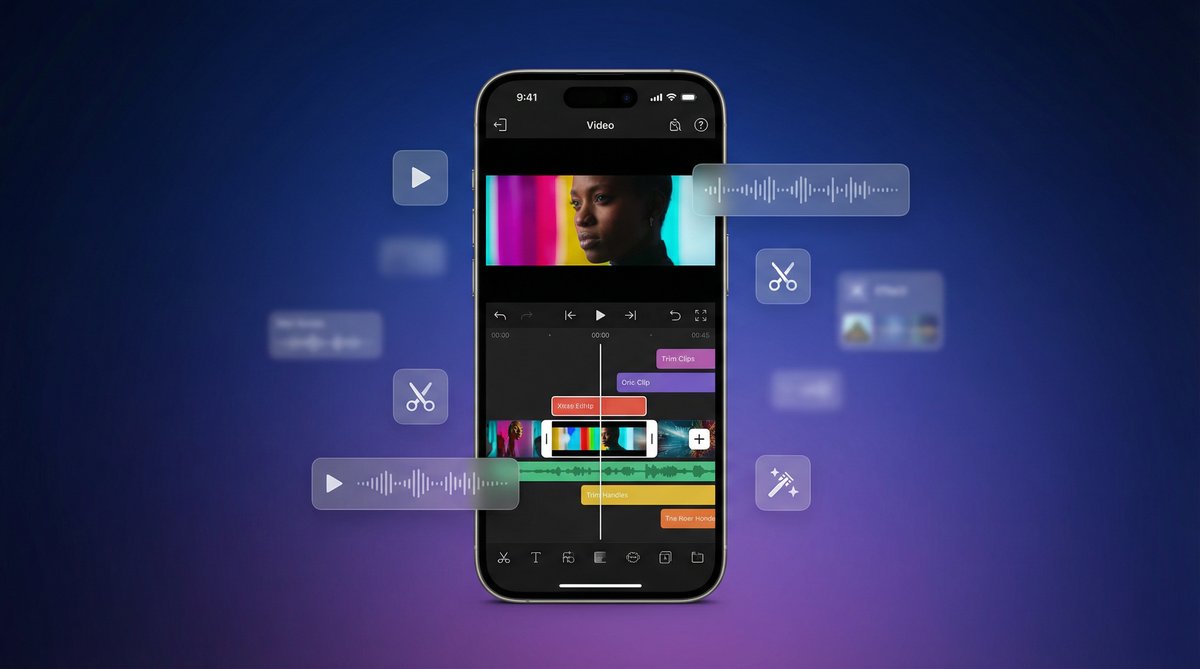As artificial intelligence rapidly advances, businesses worldwide are embracing AI-driven communication tools to enhance customer interactions, streamline internal processes, and ultimately, boost productivity. From automating customer service to optimizing team collaboration, these tools leverage AI capabilities like natural language processing, machine learning, and predictive analytics to provide robust solutions tailored to modern business needs.
What Are AI Communication Tools?
AI communication tools are advanced software solutions that utilize artificial intelligence to enhance and automate various aspects of business communication. These tools can manage large datasets, identify patterns, and handle tasks that traditionally required human input. For instance, they can schedule meetings, translate languages in real-time, generate high-quality content, and even predict potential communication needs—all while adapting to user preferences over time.
As businesses operate across global time zones and face language barriers, AI communication tools offer indispensable support. Far more than simple messaging apps, they serve as dynamic, data-driven communication hubs that help companies operate efficiently in today’s interconnected world.
The Transformative Role of AI in Business Communication
AI tools in communication are more than just facilitators—they’re transformative. By analyzing data, AI communication tools don’t just respond to queries; they anticipate needs, provide data-backed insights, and personalize interactions. For example, AI-powered writing assistants can generate polished content while ensuring consistency across company communications. The result? A communication strategy that’s not only faster but also more precise and engaging.
As we dive into the most impactful AI communication tools available today, it’s clear that these aren’t just tools but essential partners in achieving business goals. Let’s explore the AI tools that are setting new benchmarks for business communication.
Top AI Communication Tools of 2024
- AI Communication Tools – Taskade
Taskade brings AI into collaborative spaces, merging task management with AI-powered insights. This platform simplifies project management by combining task lists, notes, and real-time communication, making it easier for remote and in-office teams to stay aligned. Taskade’s strength lies in its ability to create an intuitive, centralized workspace where teams can focus on productivity and communication without switching platforms.- Key Features: AI-driven task suggestions, real-time collaboration, customizable workspaces
- Pricing: Free plan, with paid plans starting at $10/user per month
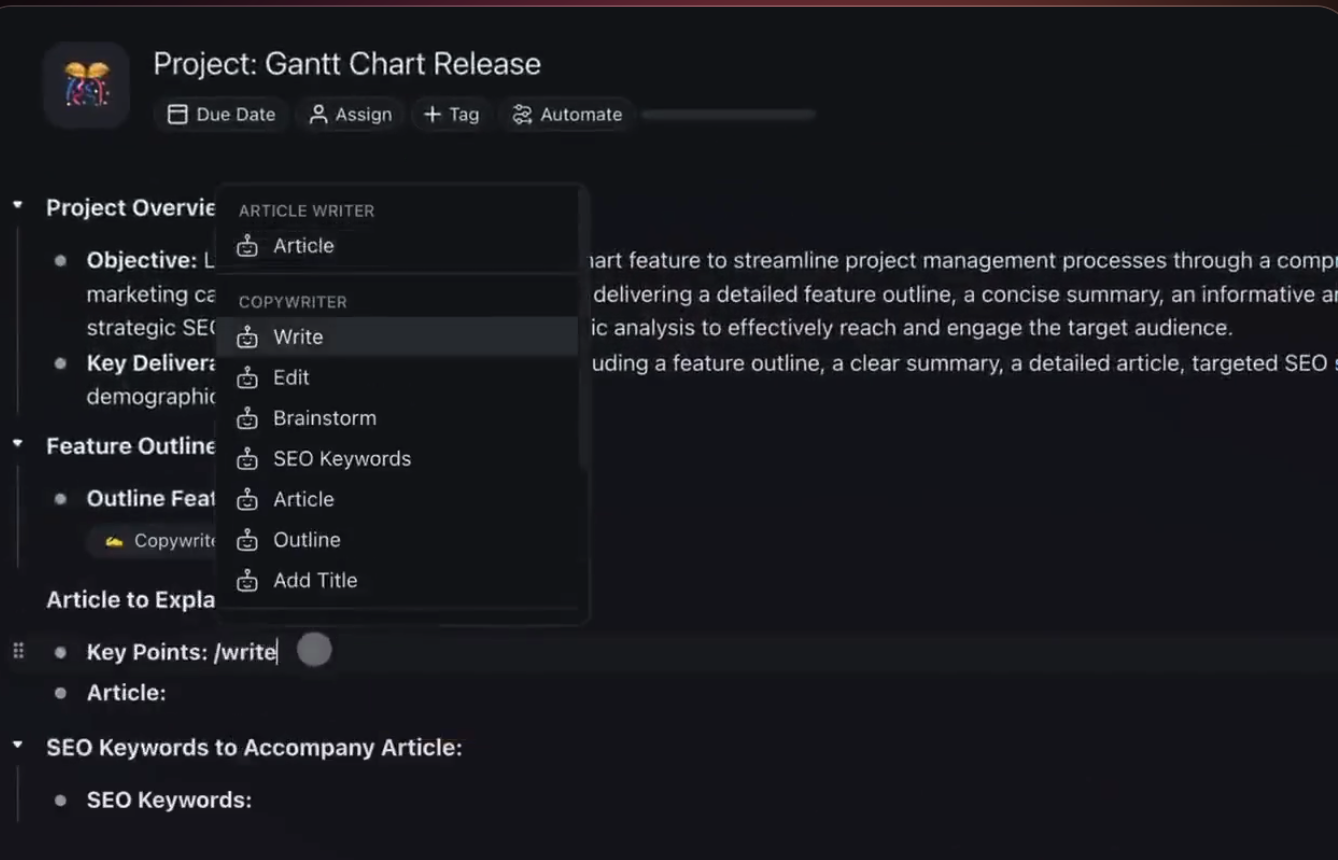
- AI Communication Tools – Zoho Desk
Zoho Desk uses AI to prioritize urgent tickets, automate responses, and offer multilingual support, ensuring every customer query is promptly addressed. This tool is ideal for companies seeking to enhance their customer service by streamlining email, mobile, and chat interactions—all under one platform.- Key Features: Multilingual assistant, automated ticket routing, knowledge base integration
- Pricing: Free plan, with paid plans starting at $14/user per month
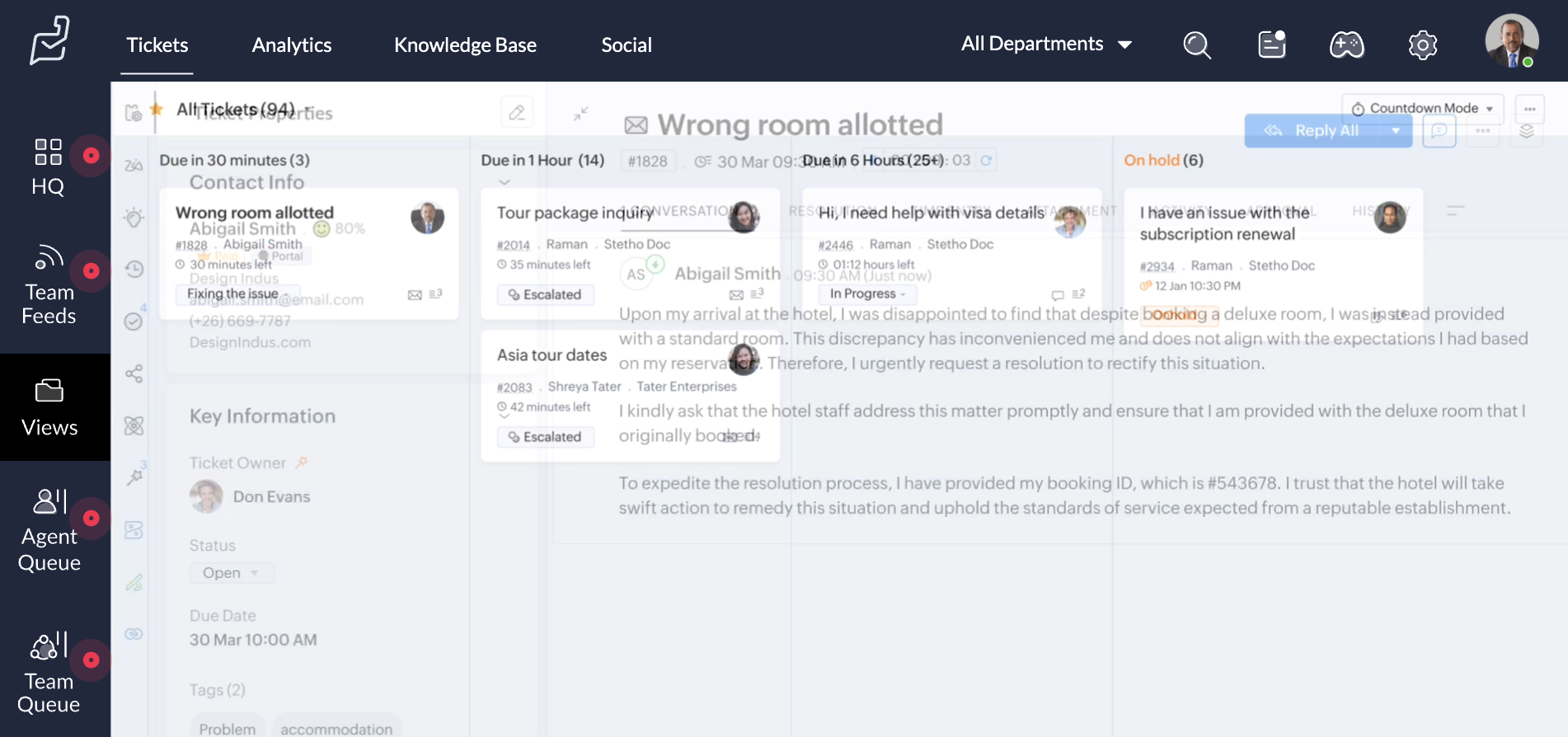
- Communication Tools – Freshdesk
Freshdesk’s AI-powered ticketing system is built to handle customer inquiries across channels efficiently, making it suitable for businesses of all sizes. The platform supports collaboration between customer service agents, ensuring that queries are addressed seamlessly and enhancing the overall customer experience.- Key Features: Omnichannel support, automated ticket prioritization, collaboration tools
- Pricing: Free plan, with paid plans starting at $15/user per month
- AI Communication Tools – Zendesk
Trusted by many small and medium-sized businesses, Zendesk consolidates customer service tools into one place, allowing agents to provide a unified customer experience. It uses AI to support live chat, manage a comprehensive knowledge base, and offer actionable insights, making it easier for teams to build lasting customer relationships.- Key Features: Live chat integration, detailed analytics, automation for ticket routing
- Pricing: Plans start at $49/user per month
- AI Communication Tools – Salesforce Einstein
Salesforce Einstein leverages AI within the Salesforce CRM platform to provide businesses with unparalleled insights. It uses natural language processing to analyze customer sentiment, offers content suggestions, and even automates responses, ensuring personalized, data-driven customer interactions.- Key Features: AI-powered analytics, predictive insights, automated responses
- Pricing: Custom pricing based on business needs
- AI Communication Tools – ServiceNow
ServiceNow excels in automating enterprise workflows, from IT service management to customer support. By centralizing operations on a single platform, ServiceNow allows organizations to automate routine tasks and focus on strategic growth.- Key Features: Workflow automation, incident tracking, IT service management
- Pricing: Custom pricing based on business requirements

- AI Communication Tools – ChatGPT
OpenAI’s ChatGPT is a versatile conversational AI, capable of generating human-like responses for various tasks, including drafting emails, answering questions, and producing creative content. With its ability to learn from user interactions, ChatGPT is an invaluable asset for creating personalized and engaging content.- Key Features: Conversational AI, adaptive learning, multi-task support
- Pricing: Free plan, with Plus at $20/month
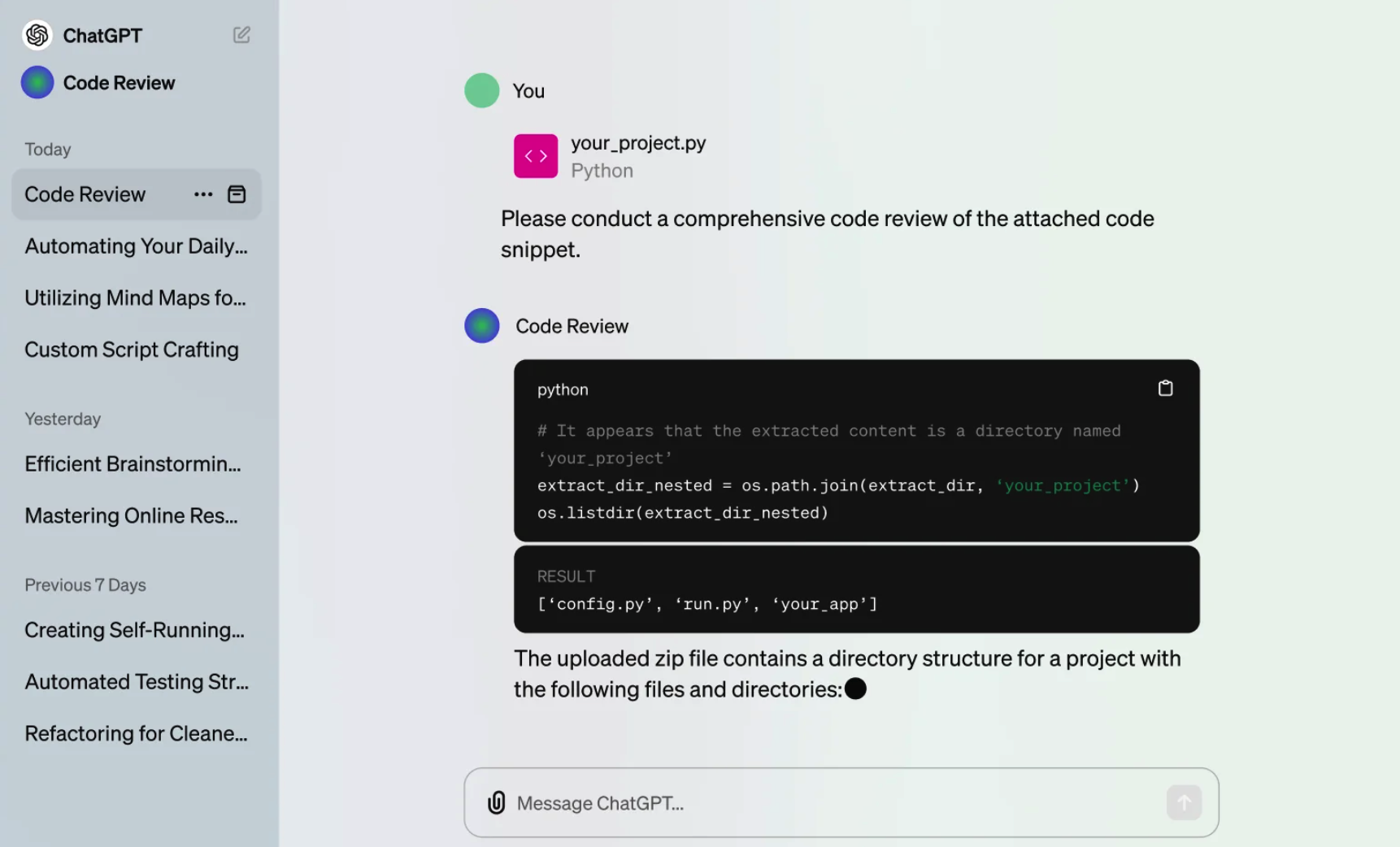
- AI Communication Tools – Grammarly
Grammarly is an AI-powered writing assistant designed to improve grammar, tone, and clarity in communications. It’s widely used for professional writing, offering advanced features like plagiarism detection and tone adjustments to keep content consistent with brand voice.- Key Features: Grammar and style checks, plagiarism detection, brand tone consistency
- Pricing: Free plan, with premium options starting at $29.85/month
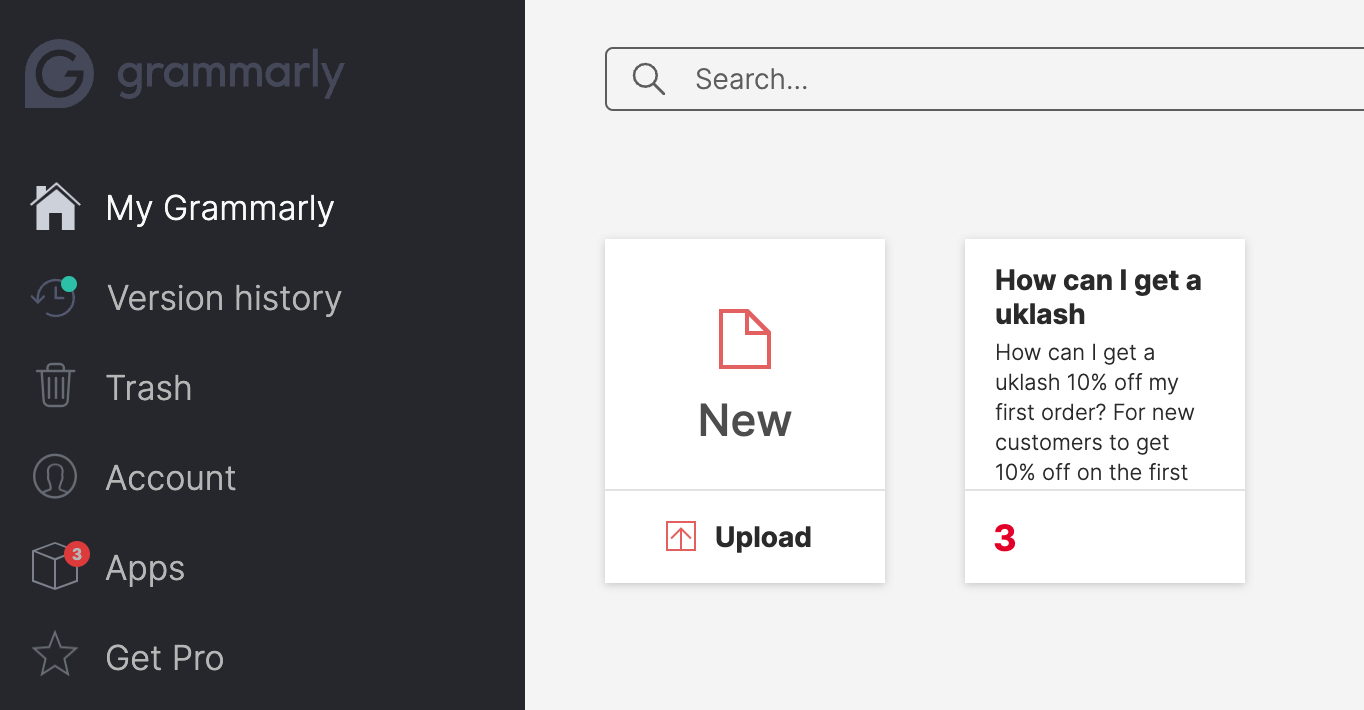
- AI Communication Tools – Synthesia.io
Synthesia.io empowers users to create professional-grade videos with AI avatars and automated scripts, making it ideal for training, onboarding, and marketing. The platform’s ability to produce videos in over 130 languages makes it a go-to for global businesses.- Key Features: AI avatars, multilingual support, script automation
- Pricing: Plans start at $29/month
- AI Communication Tools – TryEllie
Ellie is an AI email assistant that automates responses, learning from your writing style to create contextually relevant replies. Integrated with Gmail and Fastmail, Ellie streamlines communication for busy professionals by handling routine emails and follow-ups.- Key Features: Contextual email replies, adaptive learning, multi-language support
- Pricing: Free plan, with paid plans starting at $19/month
Benefits of AI Communication Tools for Business
- Enhanced Customer Experience
AI tools transform customer interactions into engaging experiences. From real-time responses by AI chatbots to personalized email replies, customers receive faster, more relevant support. - Increased Productivity
By automating routine tasks like scheduling, AI communication tools free up employee time for strategic work, enhancing both individual and team productivity. - Cost Savings
Automating communication tasks with AI reduces the need for extensive manpower, resulting in significant long-term savings. Additionally, these tools reduce costly errors by maintaining consistency and accuracy. - 24/7 Availability
AI-powered tools provide round-the-clock support, ensuring that your business remains accessible and responsive to customer needs at all times, regardless of time zones. - Scalability and Flexibility
AI tools scale with business growth, offering features that accommodate expanding teams and evolving customer needs. Many AI platforms also support multiple languages, enhancing accessibility in global markets.
The Future of Communication with AI
As AI communication tools become more sophisticated, their role in business operations will only expand. Future advancements will likely see even greater integration of AI across various communication channels, creating cohesive ecosystems where data, tasks, and interactions seamlessly flow between departments.
AI tools don’t replace the human touch in communication but rather enhance it by automating routine tasks, offering valuable insights, and fostering meaningful connections. As businesses adapt to this evolving landscape, the potential of AI-driven communication to revolutionize industries remains boundless.






